Magento 2 Google Tag Manager Extension
Get in-depth reports on your customers' behavior while they are shopping using our Google Analytics 4 with GTM extension.
Utilize this module to integrate eCommerce Tracking with Google Analytics 4 and identify bottlenecks in the shopping process within your store.
- Track the in-store behavior of your customers and observe their shopping journey step by step with Ecommerce Tracking in Google Analytics.
- Integrate tracking tags with custom blocks on the store pages using markup markers.
- Improve the accuracy of your conversion measurement with Enhanced conversions.
- Gather non-standard information by adding custom dimensions and metrics.
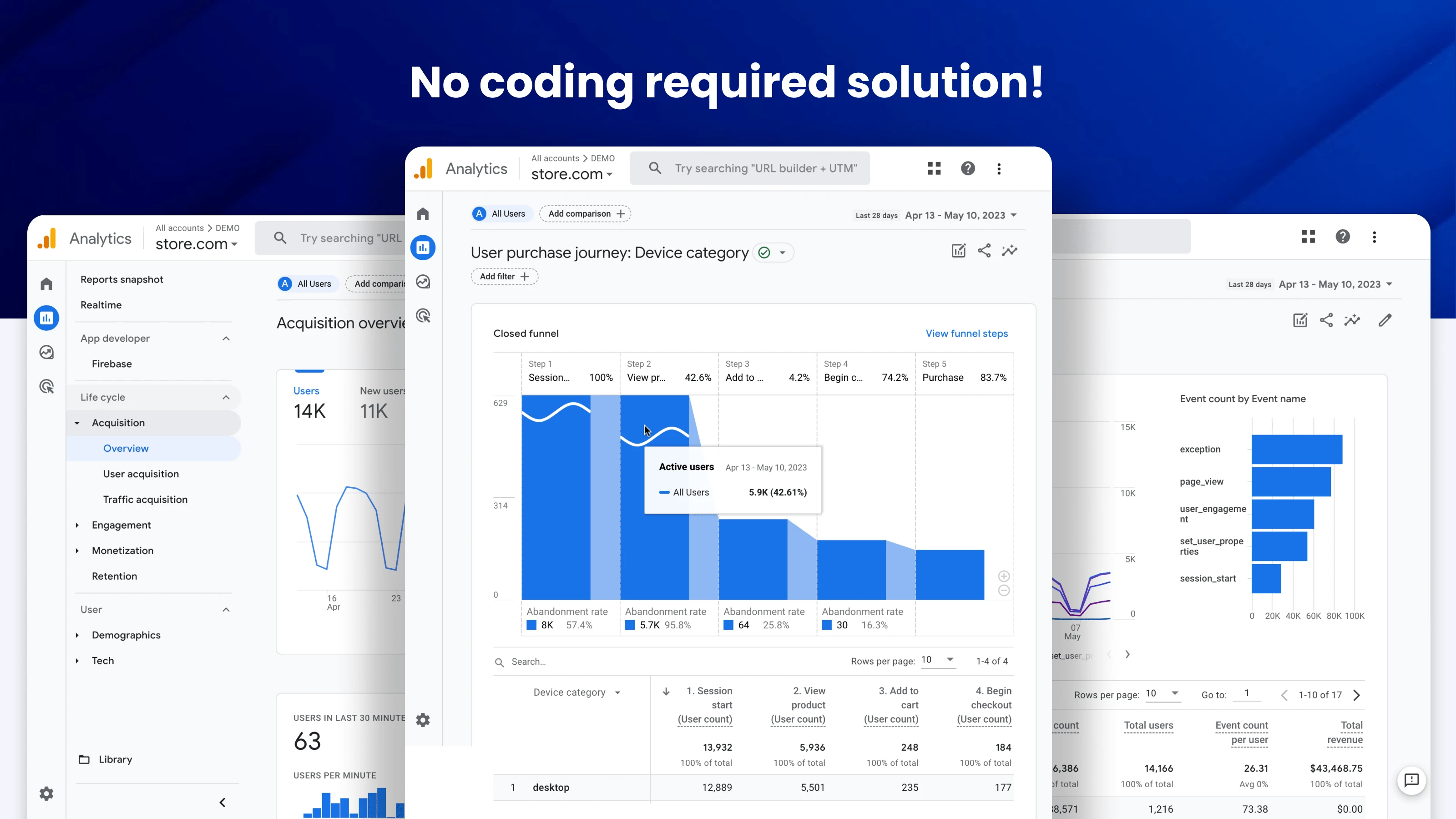
Ecommerce Tracking in Google Analytics allows you to get in-depth reports on user actions in the store. These profound reports improve your revenue. However, adding this tracking directly to the Magento 2 store code can be a complex task.
Using our Google Analytics 4 module, Ecommerce Tracking can be activated without requiring deep coding knowledge. With this solution, you can embed the GTM tracking snippet into your Magento 2 store simply by pasting it into the store's admin panel.
What benefits does Google Analytics for Magento 2 bring to your store?
Google Analytics provides deep insights into customer interactions with your Magento 2 store. This data is collected by the Google Tag Manager code snippet embedded in the store's frontend.
By analyzing data on in-store user behavior, you can identify bottlenecks in the shopping process and gain insights to optimize your marketing strategies, content, and user experience.
Get in-depth customer tracking
Track the entire lifecycle of user actions in your store with Google Analytics for Magento 2, from the moment a visitor lands on your website to the point of purchase.
Use this in-depth tracking to identify bottlenecks in the shopping process and make adjustments to improve the customer experience.
Use your marketing budget more effectively
Use the reports in Google Analytics for Magento 2 to get insights on increasing the effectiveness of your marketing campaigns.
Highlight why shoppers abandon their carts
Utilize the Google Analytics Enhanced Ecommerce Magento reports to pinpoint the stage at which customers abandon their carts.
Get insights for implementing targeted measures to reduce abandonment rates, thereby increasing your overall sales.
Obtain actionable insights
Make informed decisions, tailor your marketing efforts, enhance user experience, and ultimately boost your store's revenue with the reports built by Google Analytics based on data collected in your store.
Main features of Magento GA4 and Google Tag Manager extension
No manual code editing needed to connect GA4
Mirasvit's GA4 Magento 2 extension connects your store to GA4 without requiring manual editing of your store's Magento code. It offers a user-friendly interface for embedding the GTM tracking snippet, ensuring accurate and comprehensive data in GA4.
Apply custom tracking dimensions and metrics
The Magento Google Tag Manager Enhanced Ecommerce extension is capable of collecting almost any data on users in your store. Configure custom dimensions and metrics to gain a deeper understanding of website traffic and user behavior.
Integration with custom blocks in the store's frontend
Track how users interact with custom blocks on your frontend.
Our Magento 2 analytics module can send data to GA4, such as view_item_list, view_item, and select_item, when users interact with your custom blocks.
Support for extended reports in Google Analytics 4
Gain insights into the entire purchase process, from product views and cart additions to checkout steps and payment methods. This data is analyzed with Extended reports in GA4.
Measure how often products are viewed by users
Use our Google Analytics 4 with GTM extension to collect data on products viewed by visitors and deliver it to the respective GA4 report. This is helpful for understanding customer behavior on a profound level.
Monitor events for customer groups and product variants
Collect events specific to customer groups in your store and build reports based on this data to provide personalized recommendations to customers within a specific customer group.
Additionally, track user-generated events specific to product variants.
Improve customers' shopping journey to increase orders
Track customer actions in your store and gather valuable data that can highlight shopping experience bottlenecks.
Receive hints on how to increase your sales by knowing which products customers are viewing and when they add or remove items from the shopping cart.
Utilize the data collected for Ecommerce Tracking in Google Analytics to understand how your marketing strategies can be optimized.
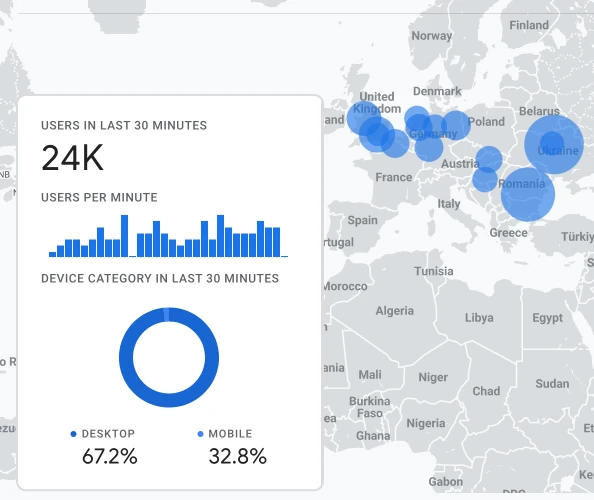
Google Analytics 4 (GA4) support
Get a first-class integration between your Magento 2 store and Google Analytics 4 suite. Furthermore, the extension supports Google Ads remarketing.
New In addition to tracking online events on the frontend, the extension offers the functionality of offline refund tracking through cron jobs. This means that whether a credit memo is created automatically or via the backend, the extension will send the refund event to Google Analytics 4.
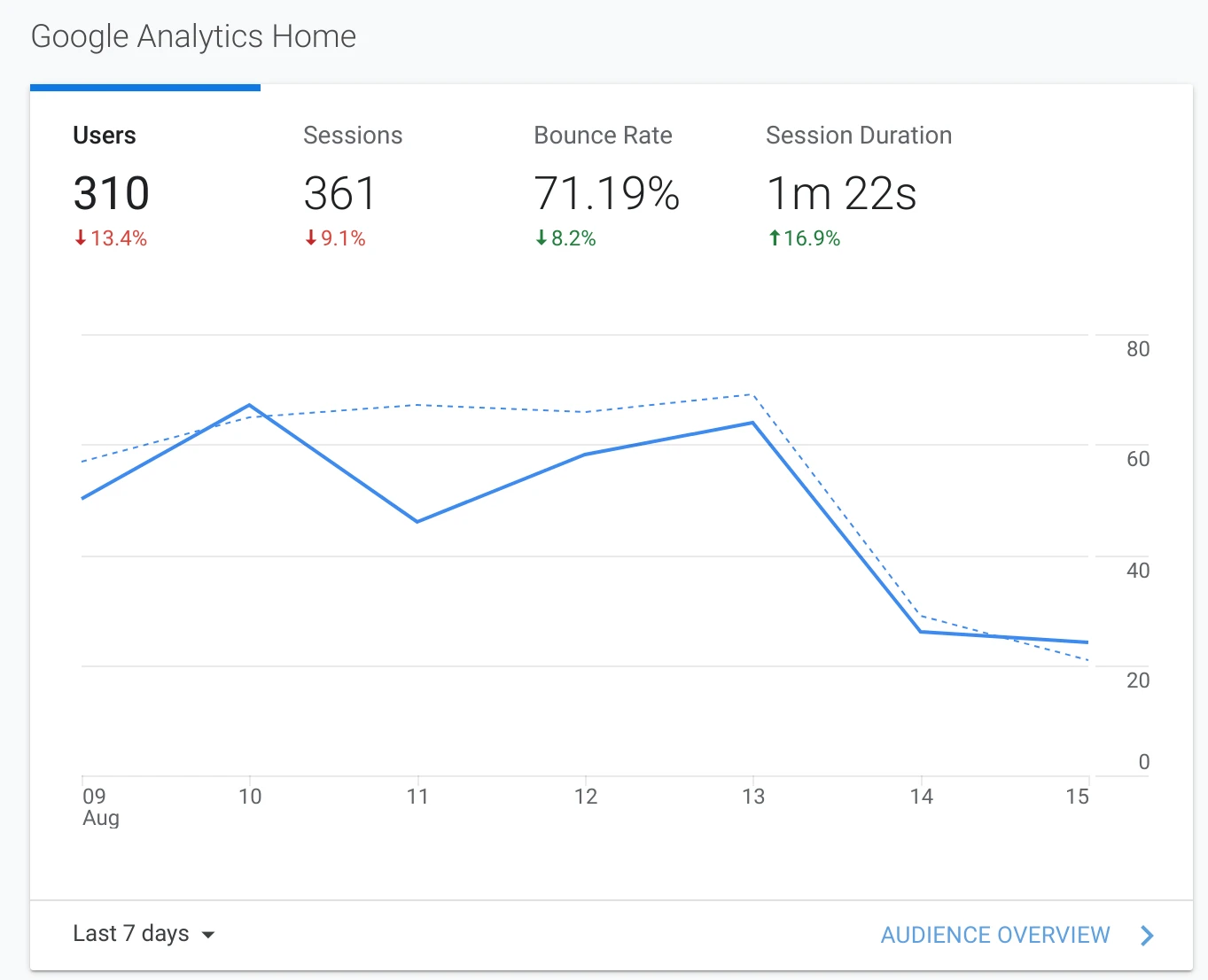
The Magento 2 Google Tag Manager Enhanced Ecommerce extension supports the full list of Google Analytics 4 tracking events:
view_item_listselect_itemview_itemview_cartadd_to_cart, remove_from_cartbegin_checkoutadd_payment_infoadd_shipping_infopurchaseview_promotionselect_promotionadd_to_wishlistCustom dimensions and metrics from Magento 2 Google Analytics 4
Gain deeper insights into your customers' behavior by collecting non-standard data through custom dimensions and metrics. For example, the Google Tag Manager plugin can send special price, customer group, tax class, dynamic weight, and other attributes to your Google Analytics reports.
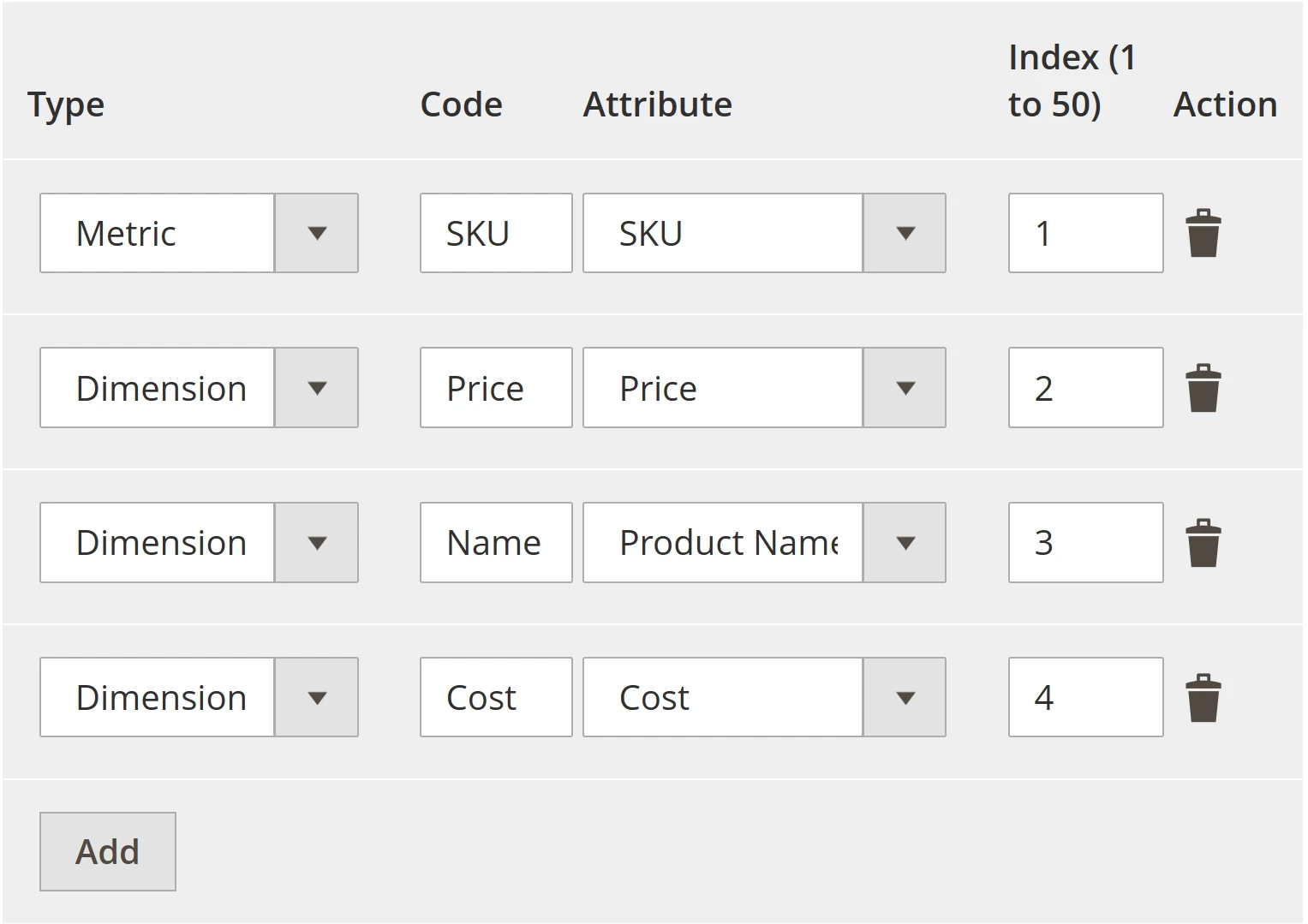
Track custom blocks in Google Analytics
Understand the effectiveness of custom product blocks on your store's frontend. Collect data such as view_item_list, view_item, and select_item for custom block tracking in Google Analytics. Build reports based on this data to get hints on how your custom blocks can generate more sales.
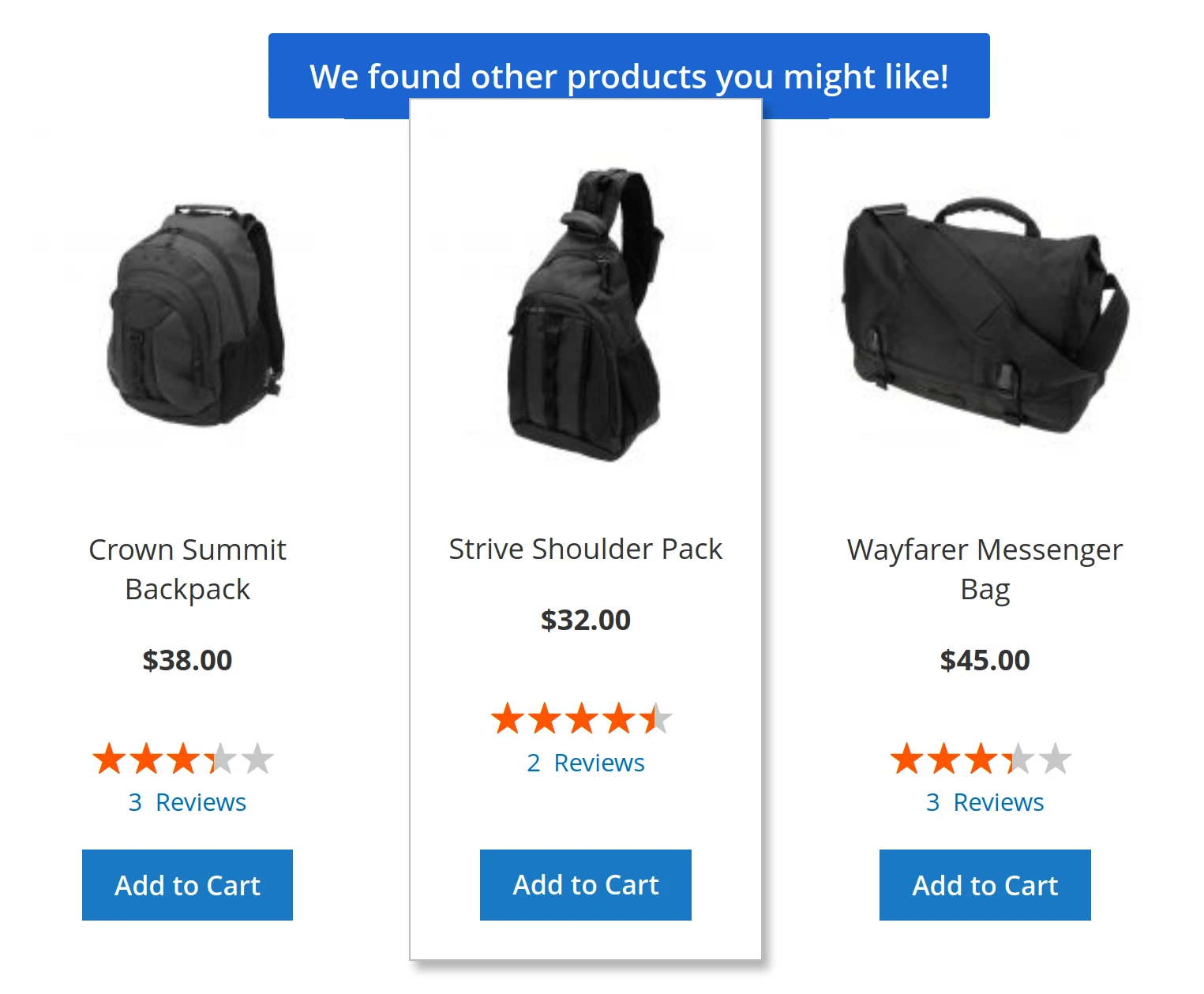
No coding is required for enhanced ecommerce with Google Tag Manager Magento 2
With the Google Tag Manager Magento plugin, you will not be required to edit the source code of your store to add the code snippet for event data collection. You will simply need to copy and paste it into the designated field.
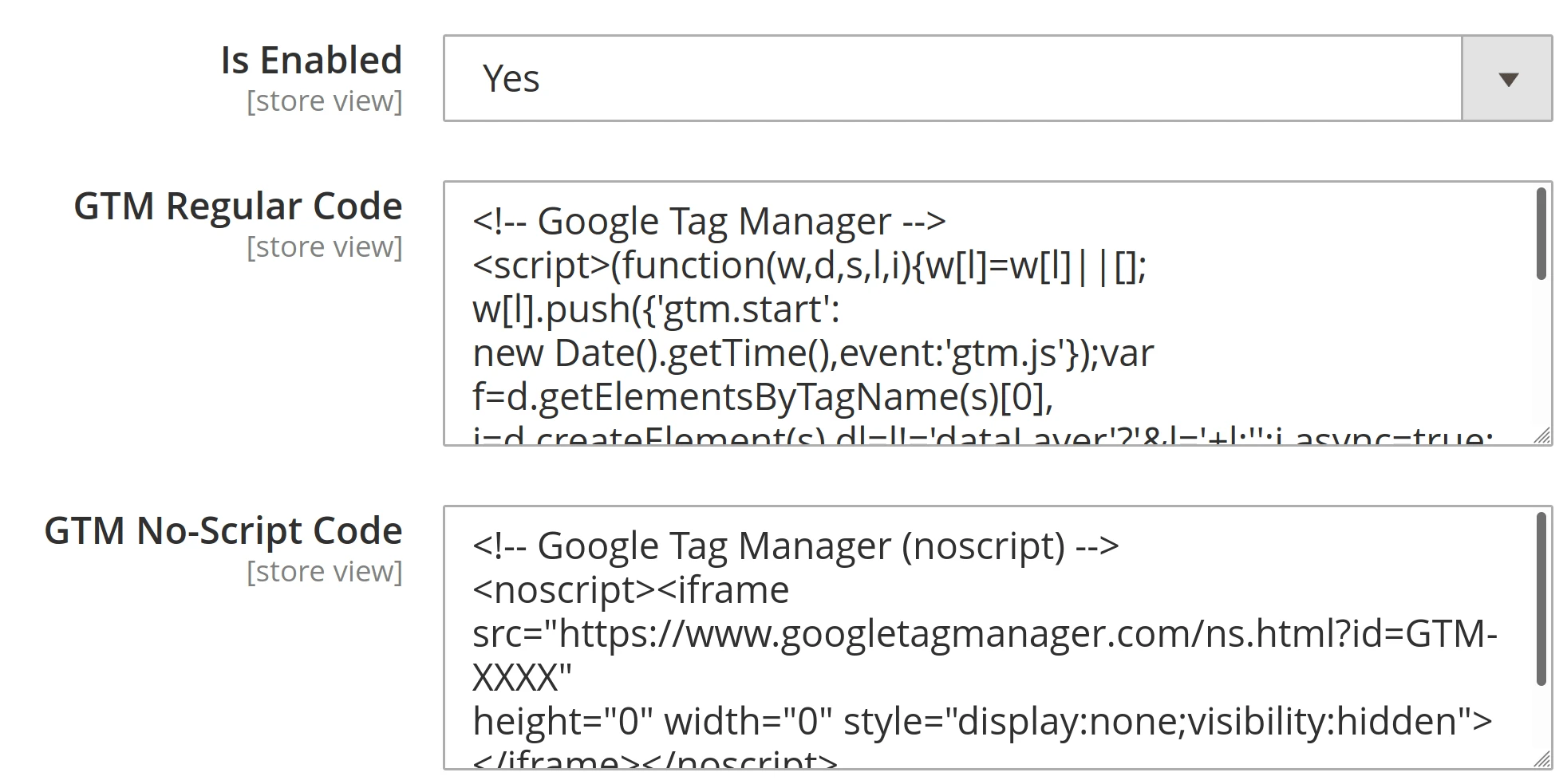
Built-in Debug Toolbar
Know exactly what information is being transferred to Google Analytics with every triggered action.
Utilize the built-in Debug toolbar provided by our Google Tag Manager extension to view the collected data for each monitored event.
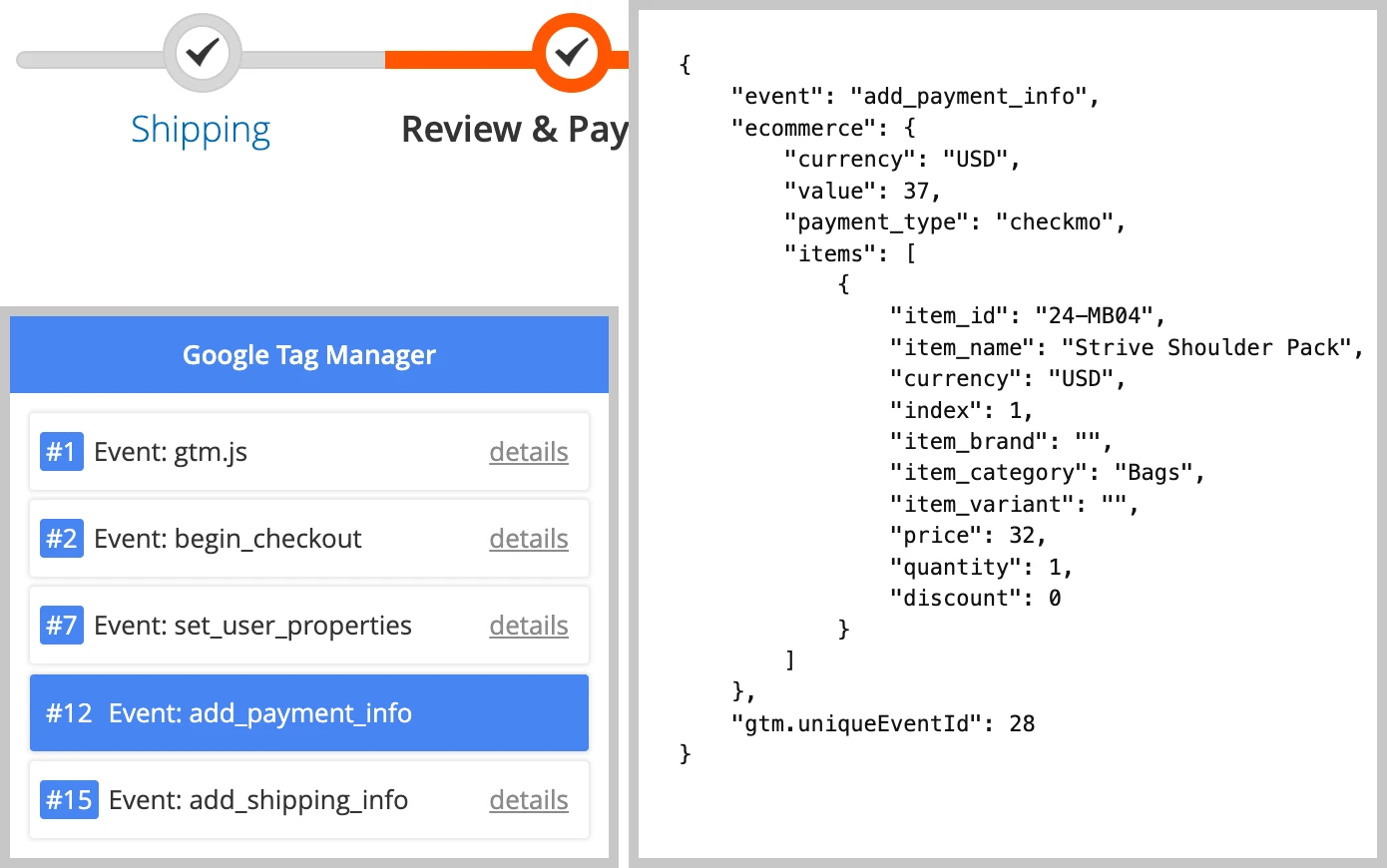
Save time by starting your support request online and we'll connect you to an expert.
What is the purpose of the Google Tag Manager?
Google Tag Manager (GTM) is a service launched by Google that provides website owners with a tool to simplify tracking for events. In the case of an eCommerce store, such events can be an added product to the cart, a viewed item in the catalog, added shipping information, etc.
This tool provides store owners with a simple user-friendly interface accessible in the browser. Using the google tag manager, eCommerce service store admins can easily manipulate tracking tags without a deep technical knowledge and source code editing.
GTM in general has the following parts:
- Tag, which is a piece of code, usually based on JavaScript that is added to a store page
- Triggers are used to launch tag execution on specific event
- Variables keep information from tags and triggers
Tracking is done through those code snippets. Users of Google Tag Manager can create multiple tags for different events they would like to track. Gathered data then can be directly sent to analytic services like Google Analytics to get enhanced reports on events in a Magento 2 store.
Why is it better to use the Google Tag Manager extension for Magento 2?
With GA4 module, as a store owner, you can get detailed statistics on various events in his or her store. Such data can be used to improve marketing campaigns in your store. With Google Analytics extension, it becomes possible to measure the audience and its behavior, retargetting marketing initiatives. It is a great tool for every store to increase sales and revenue.
Default Magento 2 has a built-in support for Google Tag Manager. However, it is limited to the Magento 2 Adobe Commerce edition, which is aimed at enterprise clients. Those Magento 2 stores that use Magento Open Source edition are not provided with built-in support for Google Analytics module.
In order to get a GA4 integration support, users of Magento Open Source edition can either edit the source code of their frontend layout theme, or they can simply install a respective extension. With Mirasvit Google Analytics extension enabling this tracking service, it requires the copy-pasting of GTM code in script and noscript fields. Additionally, using the Magento GA4 plugin provides the full support of tracking tags provided by this service.
What is required in order to use the Google Analytics Magento plugin?
In order to perform a Magento Google Analytics Integration, you should obtain two accounts in the Google Analytics and Google Tag Manager services. Having created the GTM account, you will receive GTM regular code and no-script code, both of which should be pasted into the corresponding fields of the Google Tag Manager general configuration section.
What benefits does using custom dimensions bring?
A Magento 2 store may have lots of data, which is not supported by default with Google Analytics. Such non-standard information can be maneuvered into Google Analytics through custom dimensions and metrics. Custom dimensions are a part of this reports service, and you can feed them from your store. For example, with custom dimensions, it becomes possible to send to an analytic service such data as viewed item vendors, or hits of the user and their ID, etc.
How does GA4 tracking affect online store productivity?
Gathering analytics on the events in your store is possible through direct injection of tracking code snippets into its source code. However, the execution of these injected tags can become a major reason for the site slowdown. Additionally, they may create code congestion, and make it much more difficult to support a Magento 2 store in the future
With the help of the Google Analytics Magento extension, a store owner can have no worries regarding a page loading slowdown due to event tracking. GA4 extension offers server-side transaction tracking, and with this function, tracking code snippets are executed in the Google Cloud, having no impact on the store loading time. Additionally, server-side tracking guarantees every event will be transferred to an analytic service. With directly injected tracking tags, some events can be missed.
How is Google Tag Manager a key to advanced eCommerce reports?
Google Analytics service can provide significantly enhanced reports when getting data from Google Tag Manager. The letter allows tracking customer's in-store behavior in fine detail. By connecting GTM to Google Ananytics, a store owner gets such reports as:
- Customer shopping behavior. This report displays every customer's step on their way to making a purchase. Using this report helps you identify steps in a customer's trail, where they quit without buying. With GTM, it is possible to monitor product views, add to shopping cart, checkouts, etc.
- Behavior during checkout. Using this report, a store owner can see in details the customer actions on the checkout page.
- Product statistics. For each product, a store owner can gather individual data on its performance. When Google Analytics gets data from GTM, it can receive information on price, quantity, revenue, user viewing, adding, or removing of products.
- Sales. Google Analytics can show report on the sales in the store.
Which in-store events can Google Tag Manager send to Google Analytics?
- Product Impressions
- Product Clicks
- Product Detail Impressions
- Add/Remove from Cart
- Add shopping data
- Add payment data
- Add product to wishlist
- Promotion Impressions
- Promotion Clicks
- Checkout
- Purchases
Blog
We are committed to being open and transparent with our customers. When you purchase our module, you automatically receive one year of free support service and free updates.
Why is this important?
- Seamless Installation and Configuration: We understand that setting up a new module can take time to configure according to your specific needs. That’s why we offer a full year of free support. Our experienced team is here to assist you with installation, configuration, and any questions you might have. We're eager to share our expertise to ensure you get the most out of your purchase.
- Stay Updated with Magento (Adobe Commerce) Releases: Magento releases new versions approximately every three months. These updates can sometimes introduce compatibility challenges. To keep your store running smoothly, we provide a year of free access to the latest versions of our modules, ensuring that you can upgrade Magento and our modules without encountering any obstacles.
- Subscription Included: Renewing your subscription ensures continued access to the latest updates and support from our team. This means you can be confident that any issues you encounter with the extension will be resolved quickly and efficiently. You can cancel your subscription at any time without any additional fees.
These are our primary. A major portion of our new clients come from referrals from our existing clients. Our professional team of developers, marketers and support staff have invested the best knowledge and experience in the field into our work, so you know you can come back to us again and again.
One year free and high quality support. We go to great lengths to provide maximum satisfaction with every module you have purchased in our store. By helping you with installation, configuration, answering your every question, we do all our best to eliminate any possible problems.
30-days money back guarantee. If you are not satisfied with our extension performance for any reason, we provide a full refund.
We constantly add new features to all our modules, and are always interested in hearing your opinion and implementing your suggested features in our future developments.
We provide an expanded user guide for every aspect of our extension, so you can find answers for all your burning questions.
You can customize extension according to your needs and requirements.
The Module is easy to install and upgrade, just follow our step-by-step user guide. Additionally, the extension is ready to use with the Hyvä theme.
No core modifications. The extension has been tested in a Magento Cloud environment and is fully compatible with it.

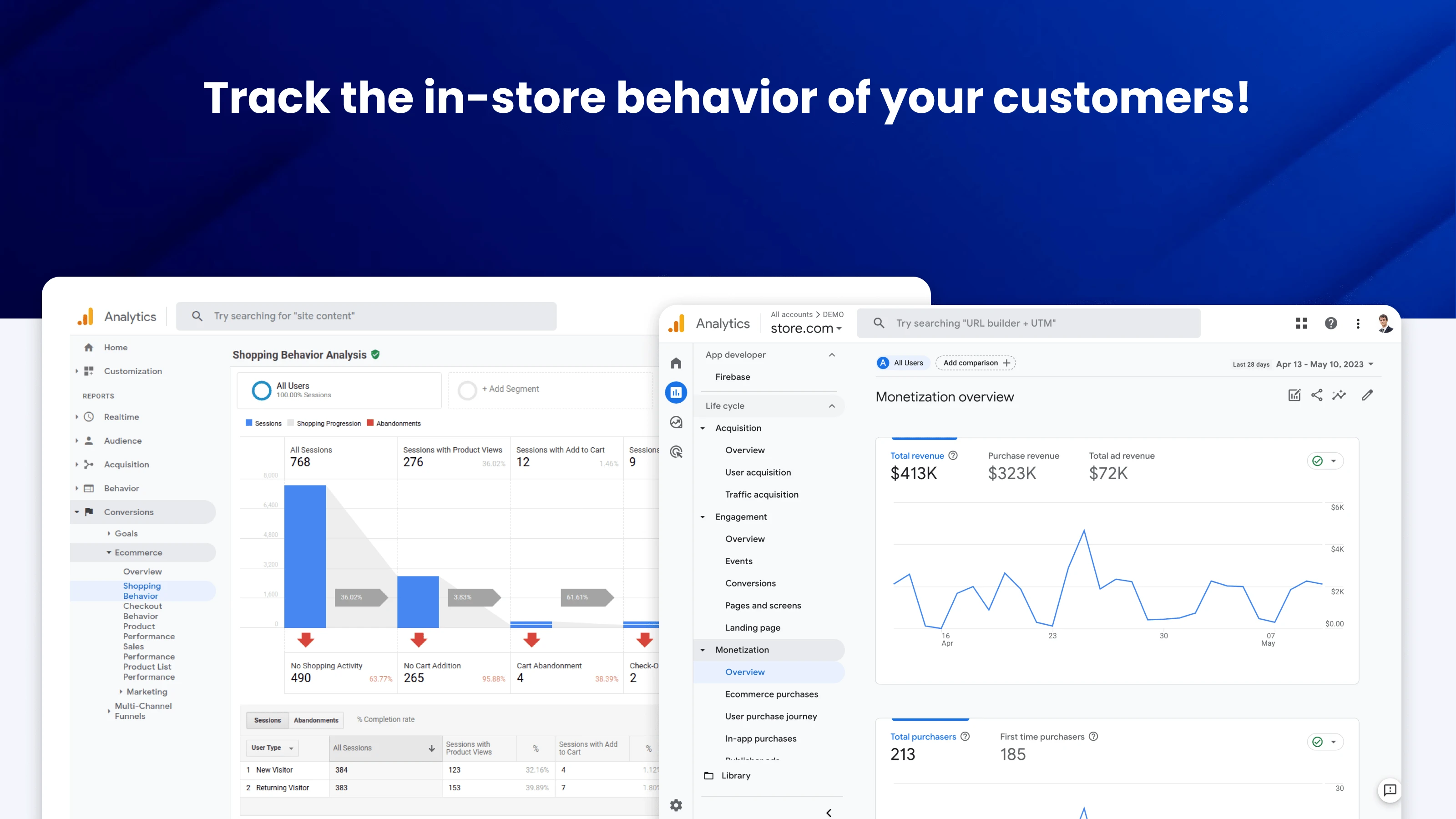
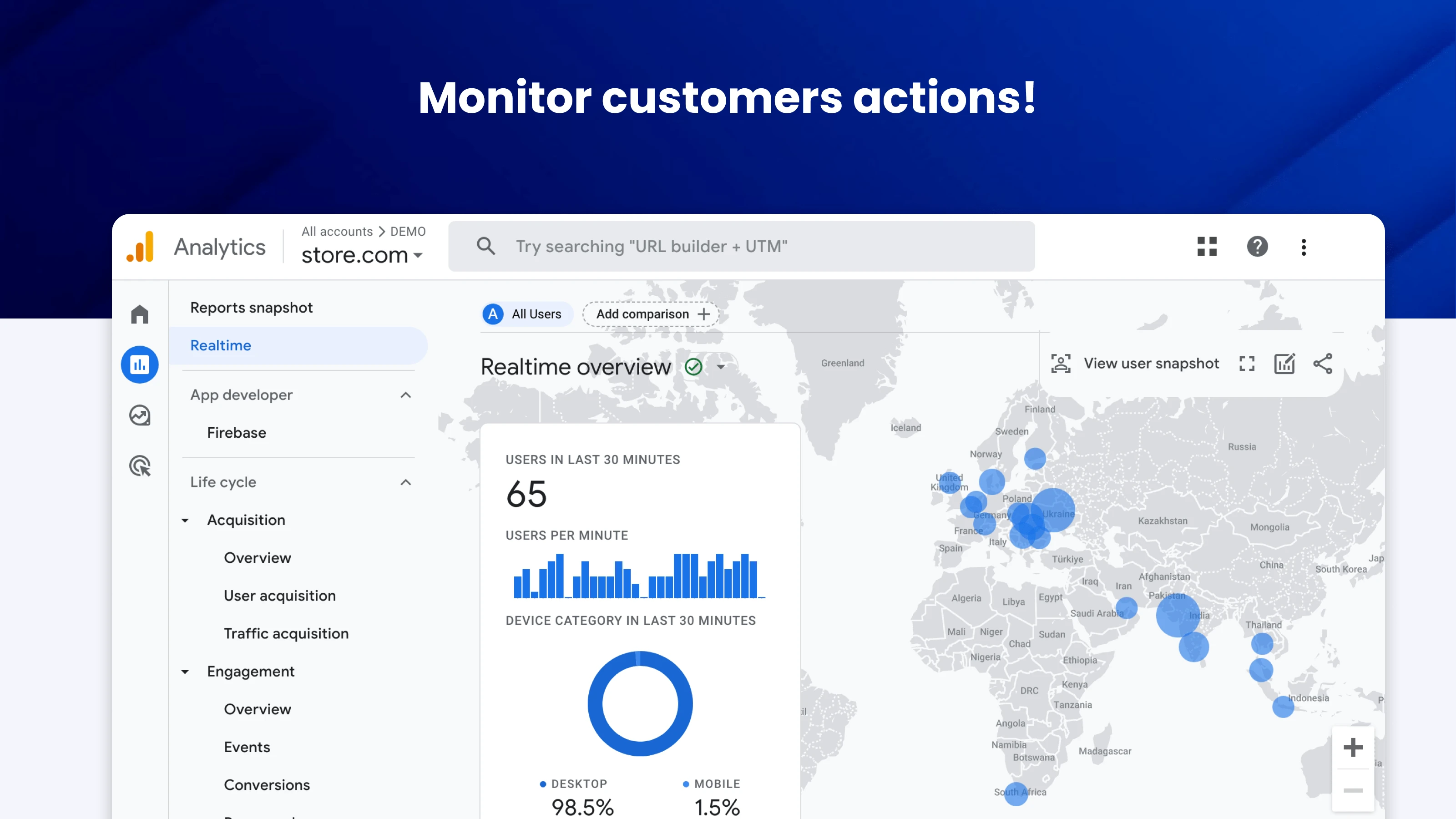
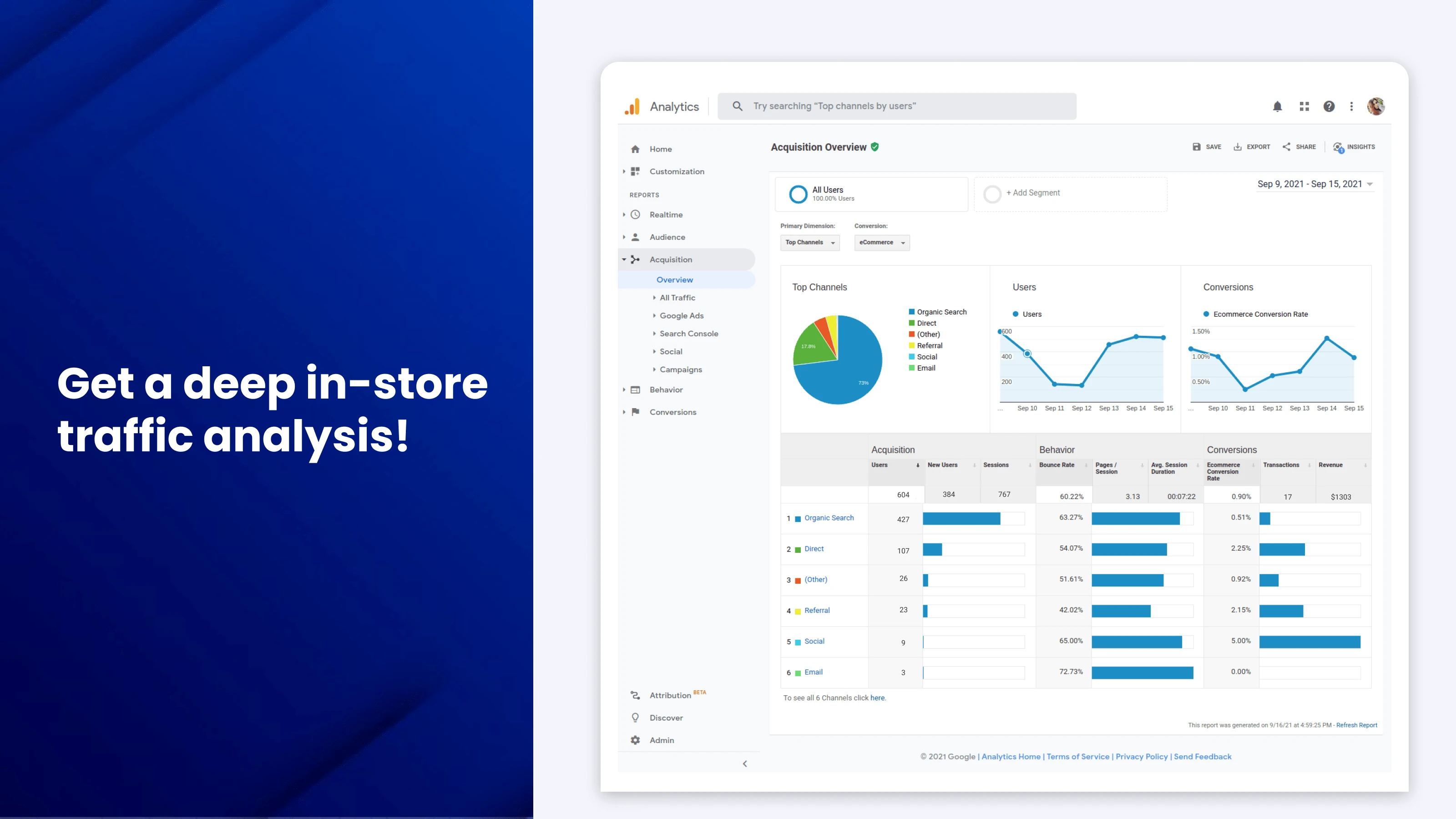
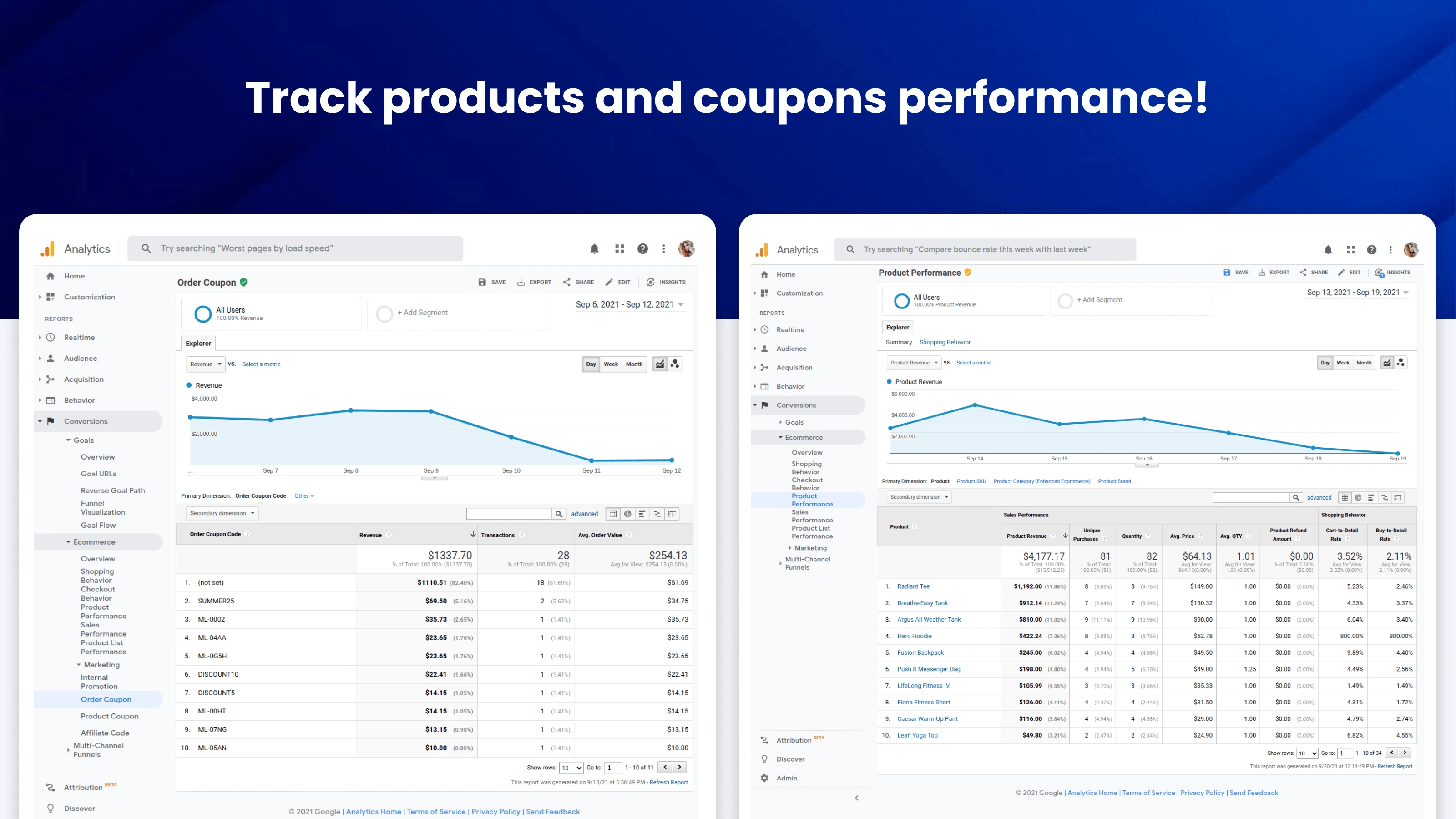

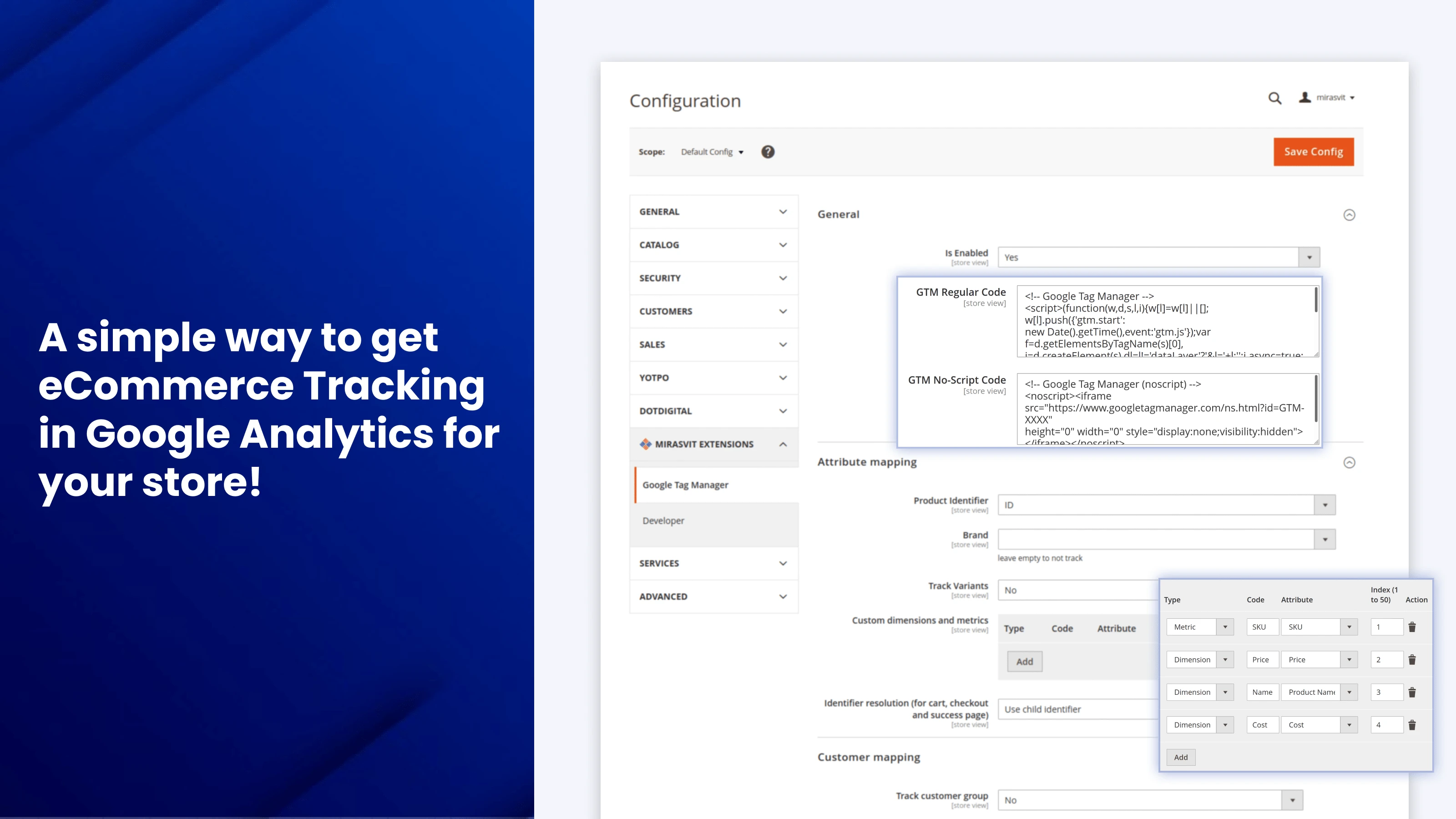
 Oleksandr Drok
Oleksandr Drok 
 Andriy Kovalenko
Andriy Kovalenko 